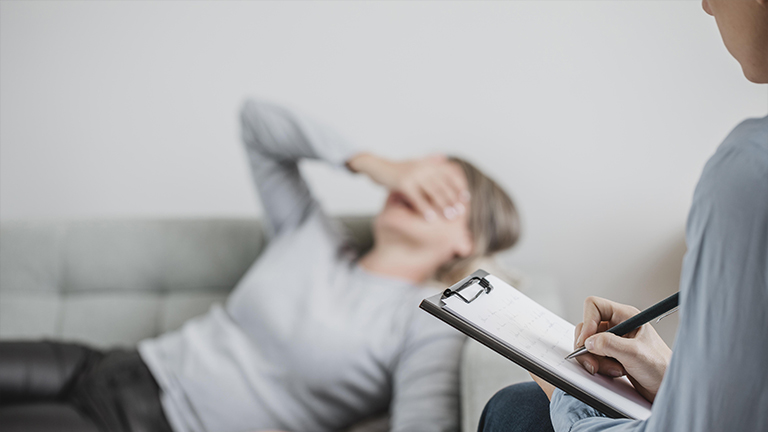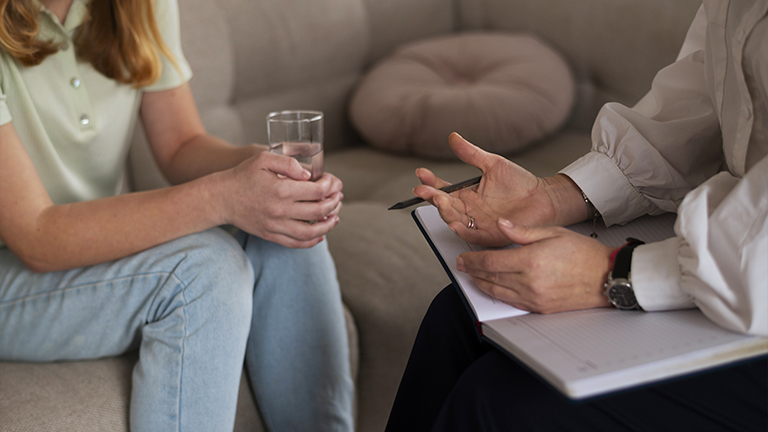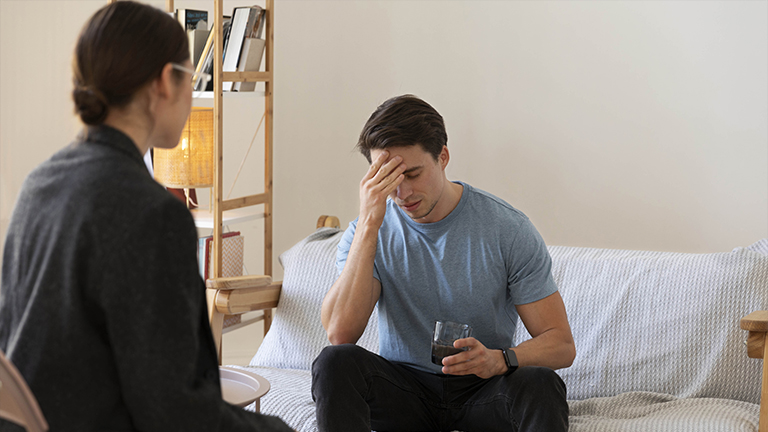Depression is a common but serious mental health condition that affects millions of people worldwide. Finding the right therapy for depression is crucial for recovery and improving quality of life. With various treatment options available—from Cognitive Behavioral Therapy (CBT) for depression to antidepressant medications—it’s essential to understand which approach works best for you.
This comprehensive guide explores the most effective depression treatment options, including psychotherapy, medication, and alternative therapies, helping you make an informed decision for long-term mental wellness.
1. Cognitive Behavioral Therapy (CBT) for Depression
Cognitive Behavioral Therapy (CBT) is one of the most widely used and evidence-based psychotherapies for depression. It focuses on identifying and changing negative thought patterns and behaviors that contribute to depressive symptoms.
How CBT Works:
- Helps patients recognize distorted thinking (e.g., pessimism, self-blame)
- Teaches coping strategies to challenge and reframe negative thoughts
- Encourages behavioral changes to improve mood and motivation
Effectiveness of CBT:
- Proven to be as effective as antidepressant medications for mild to moderate depression
- Reduces relapse rates by equipping patients with long-term coping skills
- Available in individual, group, and online therapy for depression formats
2. Psychotherapy for Depression (Talk Therapy)
Psychotherapy, also known as talk therapy for depression, involves working with a therapist to explore emotions, behaviors, and thought processes. Different types of psychotherapy include:
A. Interpersonal Therapy (IPT)
- Focuses on improving relationships and social functioning
- Helps resolve conflicts and enhance communication skills
- Effective for depression linked to grief, role transitions, or interpersonal disputes
B. Behavioral Activation Therapy
- Encourages engagement in positive activities to counteract depression
- Helps break the cycle of avoidance and withdrawal
- Particularly useful for individuals with low motivation
C. Dialectical Behavior Therapy (DBT)
- Originally developed for borderline personality disorder but effective for depression
- Combines CBT with mindfulness techniques
- Helps regulate emotions and reduce self-destructive behaviors
3. Antidepressant Medications for Depression
For moderate to severe depression, antidepressant medications may be prescribed alongside therapy. Common types include:
- SSRIs (Selective Serotonin Reuptake Inhibitors): Prozac, Zoloft, Lexapro
- SNRIs (Serotonin-Norepinephrine Reuptake Inhibitors): Cymbalta, Effexor
- Tricyclic Antidepressants (TCAs): Amitriptyline, Nortriptyline
- Atypical Antidepressants: Wellbutrin, Remeron
Pros and Cons of Antidepressants:
✅ Pros:
- Can significantly reduce symptoms in 4-6 weeks
- Helpful for severe depression when therapy alone isn’t enough
❌ Cons:
- Possible side effects (nausea, weight gain, sexual dysfunction)
- Not a standalone cure—best combined with therapy
4. Mindfulness-Based Therapy for Depression
Mindfulness-based therapies, such as Mindfulness-Based Cognitive Therapy (MBCT), combine meditation and CBT to prevent depressive relapse.
Key Benefits:
- Reduces rumination (overthinking)
- Enhances emotional regulation
- Lowers stress and anxiety levels
Studies show MBCT can reduce relapse rates by 43% in people with recurrent depression.
5. Electroconvulsive Therapy (ECT) & Transcranial Magnetic Stimulation (TMS)
For treatment-resistant depression, advanced medical therapies may be considered:
A. Electroconvulsive Therapy (ECT)
- Involves brief electrical stimulation of the brain under anesthesia
- Highly effective for severe, life-threatening depression
- Side effects may include memory loss (usually temporary)
B. Transcranial Magnetic Stimulation (TMS)
- Non-invasive brain stimulation using magnetic fields
- FDA-approved for depression that doesn’t respond to medication
- Fewer side effects compared to ECT
6. Group Therapy for Depression
Group therapy provides peer support and shared experiences, which can reduce feelings of isolation.
Benefits of Group Therapy:
- Builds a sense of community
- Offers diverse perspectives on coping strategies
- More affordable than individual therapy
7. Holistic & Alternative Therapies for Depression
For those seeking alternative therapies for depression, consider:
- Exercise Therapy: Boosts endorphins and serotonin levels
- Nutritional Therapy: Omega-3s, vitamin D, and probiotics may improve mood
- Acupuncture: May reduce depressive symptoms in some individuals
- Yoga & Meditation: Promotes relaxation and emotional balance
8. Online Therapy for Depression
With the rise of telehealth, online therapy for depression has become a convenient option. Platforms like BetterHelp and Talkspace offer:
- Accessibility from home
- Lower costs than in-person therapy
- Flexible scheduling
Conclusion: Choosing the Best Therapy for Depression
The best therapy for depression depends on individual needs, severity of symptoms, and personal preferences. Cognitive Behavioral Therapy (CBT) for depression and antidepressant medications are among the most effective treatments, but mindfulness-based therapy, group therapy, and alternative approaches can also play a vital role.
If you or a loved one is struggling with depression, consult a mental health professional to explore the best depression treatment options for long-term recovery.
Final Thoughts:
- Mild to Moderate Depression: CBT, mindfulness therapy, or group therapy
- Severe Depression: Medication + psychotherapy or advanced treatments like TMS/ECT
- Alternative Support: Exercise, nutrition, and holistic therapies
By understanding these depression treatment options, you can take the first step toward healing and mental wellness.
Would you like recommendations for finding a therapist in the USA, UK, or Canada? Let us know in the comments!



